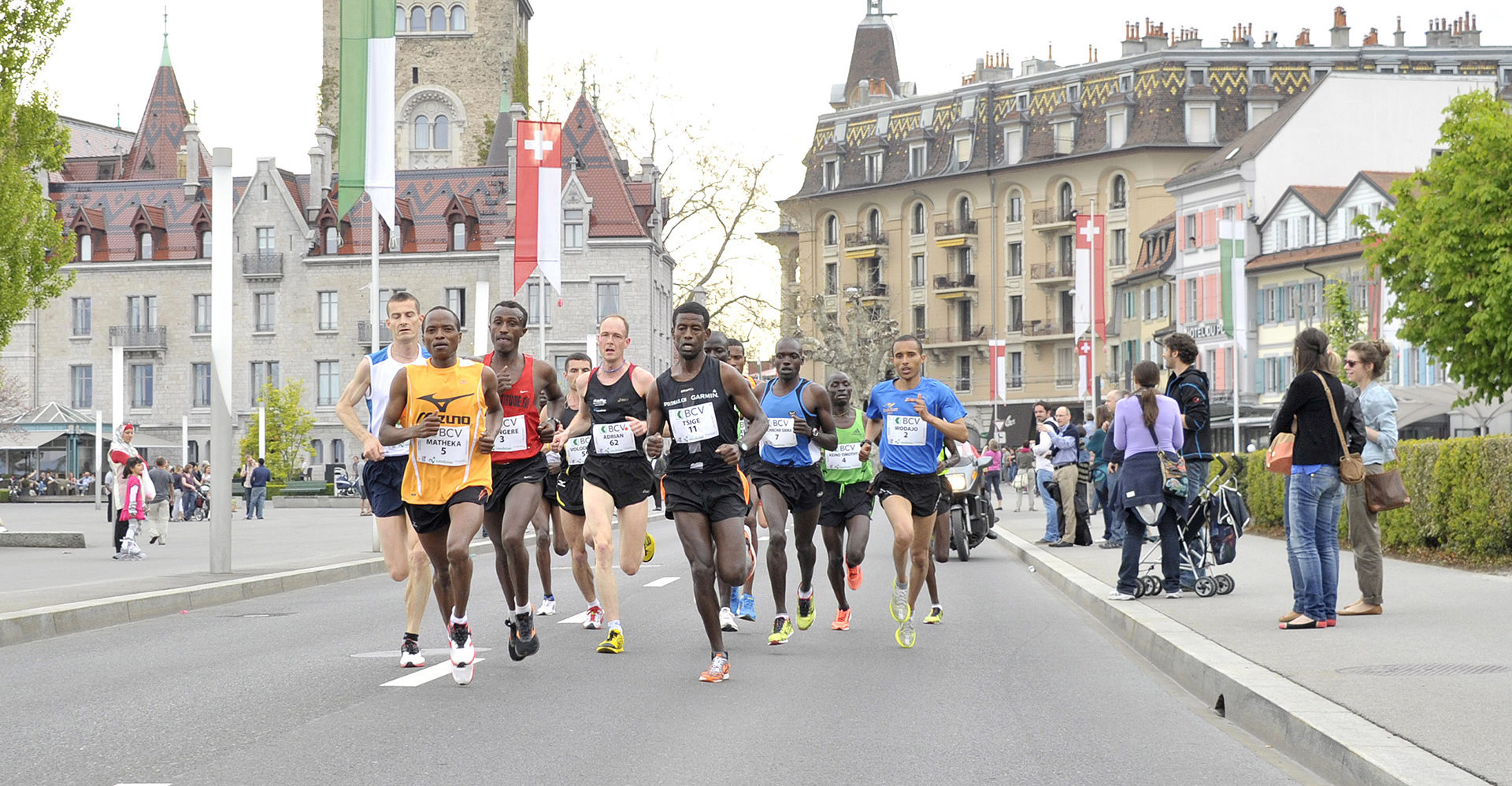
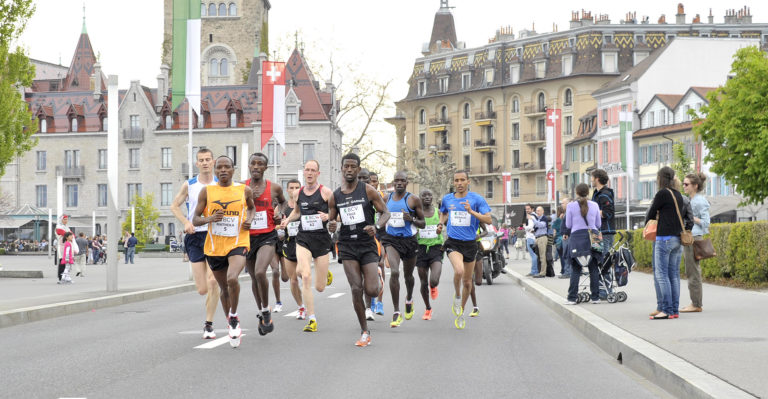
Sports management
Starting out with a certificate, in person or online, it is possible to reach master’s level, or even to do a doctorate, all via programmes that cooperate at international level most of the time.
Lausanne is thus a true beacon of academic expertise in the field of sport management. In this section you will find the different institutions providing courses of training in this field:
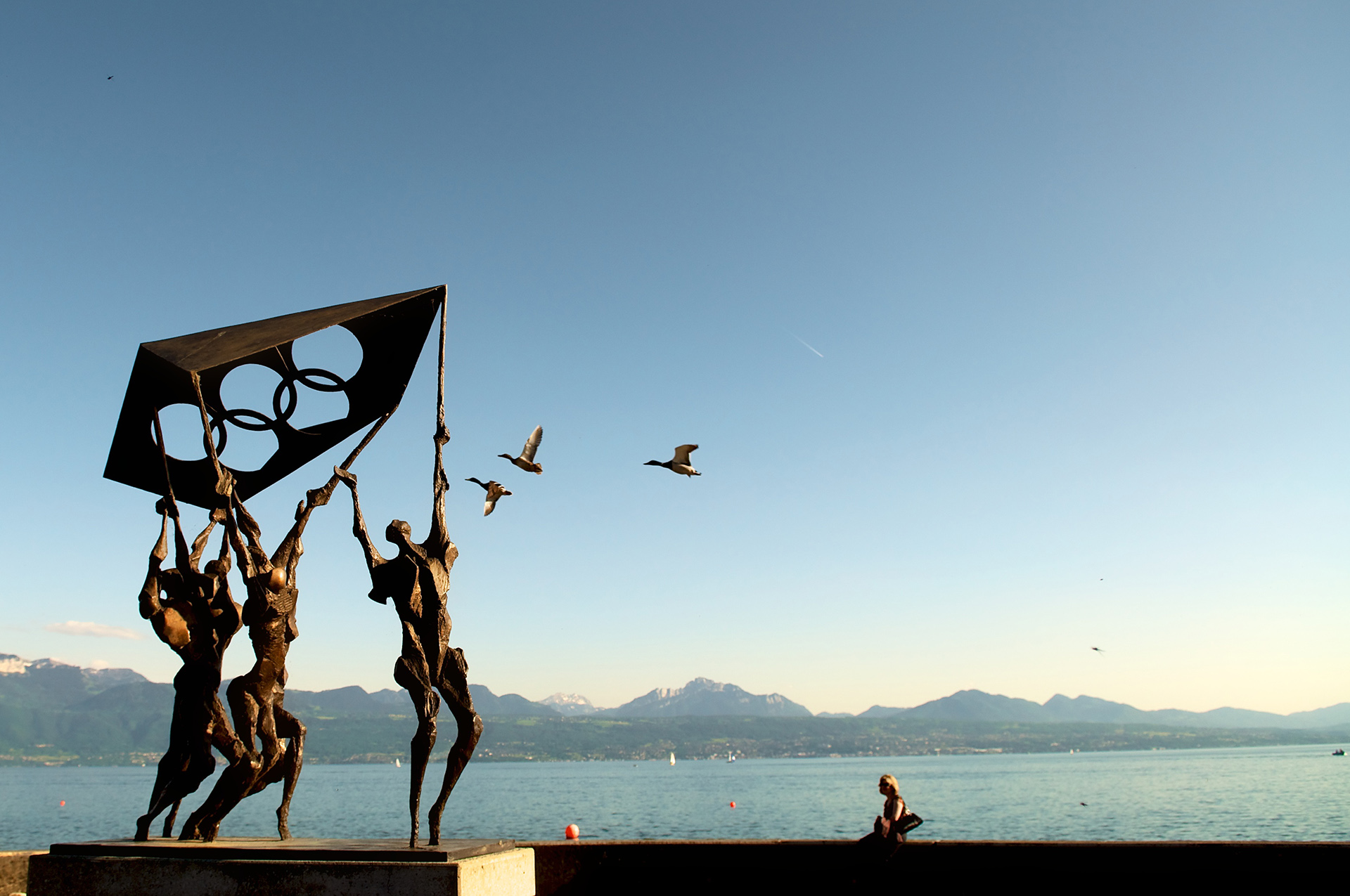
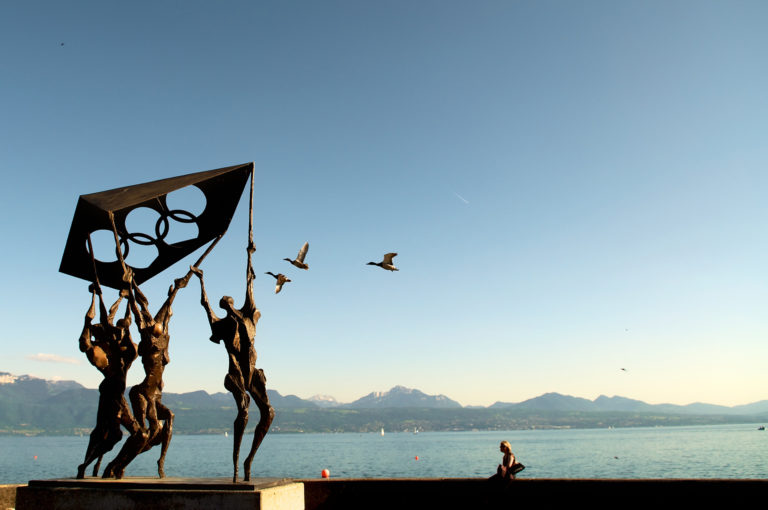
Lausanne and sports management
From its origins until today
The first applied sports management courses appeared in the United States in 1966 at the University of Ohio.
Switzerland’s first university programme of training in sports management started in 1995 at IDHEAP. Between these two dates, nearly thirty years apart, a discipline was born: sports management. This brief article retraces its appearance in the academic domain, its development in Switzerland and a few European perspectives.
It could be said that sports management has always existed. Many good “managers” were no doubt needed to organise the Olympic Games in ancient times or to run jousting tournaments in the Middle Ages. But this is a doubly anachronistic view. In fact, so-called modern sport appeared in England during the 1800s and spread to continental Europe at the end of the 19th century, more or less at the same time as what was then known as the scientific method of management advocated by Frederick W. Taylor (1909). Sport and management as we understand the two words today are thus barely over one hundred years old.
By Jean-Loup Chappelet
The birth of sports management
Like industrial management, sports management was born across the Atlantic, in American universities to be specific. In 1966, James G. Masson inaugurated a programme at Ohio University (in Athens) for professional league managers. The idea of such a course had been conceived by the president of the Brooklyn Dodgers team ten years earlier. At the same time, Earle F. Zeigler and his students at the universities of Michigan, Illinois and Western Ontario developed classes in the management of amateur athletics programmes.
These institutions were soon followed by other public or private colleges. Little by little, tutors from these universities began to gather together. The NASSM (North American Society for Sport Management) was founded in 1985 and started to publish the Journal of Sport Management. In Europe the equivalent association (EASM European Association for Sport Management) was created in 1993. Its original aim was to gather researchers and practitioners, but today it essentially consists of members from the academic community. It organises a congress every year.
However, the emergence of sports management in Europe largely predates the creation of the EASM. Indeed, its appearance was noted in Great Britain, at the University of Loughborough, from the 1970s and in France during the course of the 1980s. In the latter, it was mainly through the creation of STAPS (science and techniques of sports activities) study programmes, which enjoyed great popularity among students and gradually evolved into faculties of sports science with institutes or sports management centres (in Caen, Lyon, Montpellier, Paris-Orsay, Rouen, Strasbourg, etc.).
The University of Limoges had an equally powerful impact on the birth of the discipline through its Centre for Sports Law and Economics, which has trained many managers of national federations. Today most French universities offer sports management diplomas and some graduate business schools have started to do so (Marseille, Nantes, Paris, etc.). A parallel trend can be seen in Great Britain in the form of leisure studies. As in the United States, the schools of physical education are evolving into faculties of sports science to enhance the career prospects of their students.
In Germany and Italy, on the other hand, university courses in sports management were quite rare until the 1990s. We had to wait until 1994 for the creation of the first chair in management and sports economics at the German Sport University in Cologne (Deutsche Sporthochschule). And, for a long time, the only master’s in sports management in Italian was provided by the University of… Saint-Marin. Nevertheless, the situation has since moved on a long way in both Germany and Italy, where several universities offer master’s degrees in sports management or similar.
Its beginnings in Switzerland
There is no doubt that Switzerland followed the German or Italian models rather than the French or British ones. It was not until 1995 that a first certificate in sport management was launched at IDHEAP, a university institute affiliated to the University of Lausanne and EPFL. Consisting of seven two-day modules, it was an instant success and has been repeated every year since (from October to February). This certificate constitutes the first part of the “sports manager” diploma, launched at the same time by the Swiss Olympic Association (now Swiss Olympic) in partnership with IDHEAP for the French version and VMI (Verbandsmanagement Institut) of Freiburg University for the German version. Since 2003, parts of these courses are available via the internet through the joint SOMIT (Sport Organisation Management Interactive Teaching & Learning) project, implemented on the Swiss Virtual Campus.
Similarly, since 1995 a European network of sport universities and schools has offered the MEMOS (European Master in Sports Organisation Management). IDHEAP represents Switzerland here. This diploma, delivered by the University of Lyon 1, is now reserved for managers from sports organisations who wish to benefit from an executive-type training course concentrated into four residential modules in the space of ten months. It is also open to overseas candidates thanks to the backing of Olympic Solidarity.
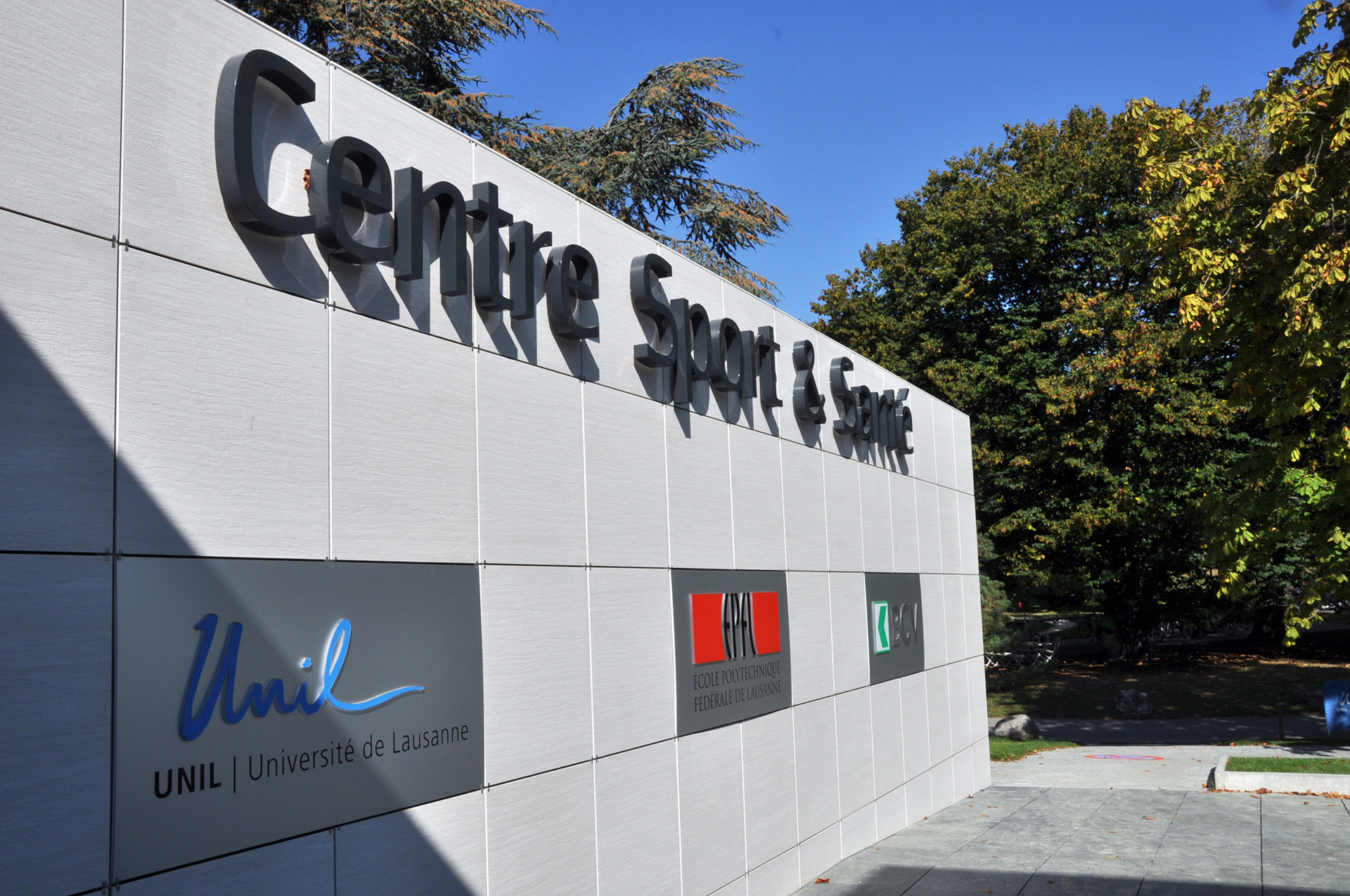
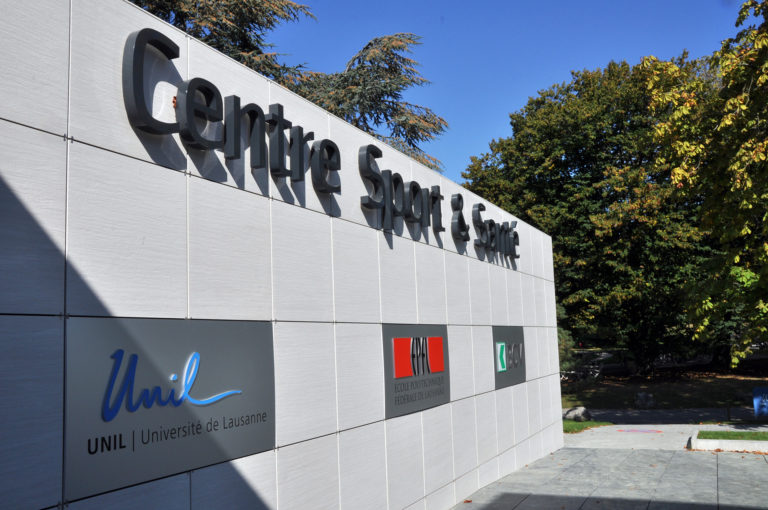
Development of training in Switzerland
In the wake of initial courses by IDHEAP and VMI, other training programmes are being developed in German-speaking Switzerland, most notably in specialist colleges in Winterthur and Maggligen. In French-speaking Switzerland, ISSUL (Institute of Sports Science and Physical Education) opened in 2009 a “Sports Management” option into its Master’s in Sports Science degree. Therefore, PhDs are also made in the field of management / sport policy at IDHEAP or ISSUL.
The ASMS (Swiss Association of Sport Managers), created in 1996 by the first Swiss graduates in this subject, organises training programmes. A “Sports Management School” was set up within Glion Hotel College in 2002.
In 2000, to improve the coordination of academic provision and research development, higher education establishments in the Lake Geneva region (UNIL, EPFL, IDHEAP and UNIGE) founded the AISTS (International Academy of Sport Science and Technology). This act was part of the Lausanne Olympic Capital strategy.
However, the idea in fact goes back to Pierre de Coubertin who aimed to affirm the presence of the Olympic Movement on the shores of Lake Geneva once the IOC was established there in 1915. The AISTS organises colloquiums, ongoing training and an MSA (Master of Science in Sport Administration and Technology), the first instalment of which was launched in January 2003. Today this Master of Advanced Studies in English enjoys great popularity with students from every continent.
Since the year 2000, the CIES (International Centre for Sports Studies), set up in 1995 by FIFA (International Football Federation) and the authorities in Neuchâtel, has also offered an MA (Master of Arts) in sports management, law and humanities for full-time students. This master takes place over three sites (De Montfort University in Leicester, Bocconi School of Management in Milan and the University of Neuchâtel). It has since been renamed the FIFA Masters to emphasise its links with the international federation, which provides the essential funding for it.
Foundation of the Swiss Sport Management Center
When the Swiss Sport Management Center (SSMC) was set up in 2007 by four partners, (Swiss Olympic, OFSPO, IDHEAP and VMI), the aim was to establish in our country a complete sport management course available in the form of in-service training and in two national languages (German and French). In 2008, the SSMC launched the final building block of this provision in the form of its Master of Advanced Studies (MAS) in sports management under the aegis of the VMI at the University of Freiburg.
Numerous other university courses in sports management are now being developed on every continent. The variety of sports management training programmes on offer in Switzerland and elsewhere proves – as if it were necessary – the vitality of this young discipline. It also reflects the need of sports organisations, from the smallest to the largest, to take a professional approach without selling their soul, and to be better managed by taking the specifics of sport into account. Universities can certainly help them along this path, which is strewn with all kinds of obstacles. And the higher education establishments of the Lake Geneva region certainly have the skills to apply and, therefore, a special role to play in this domain.
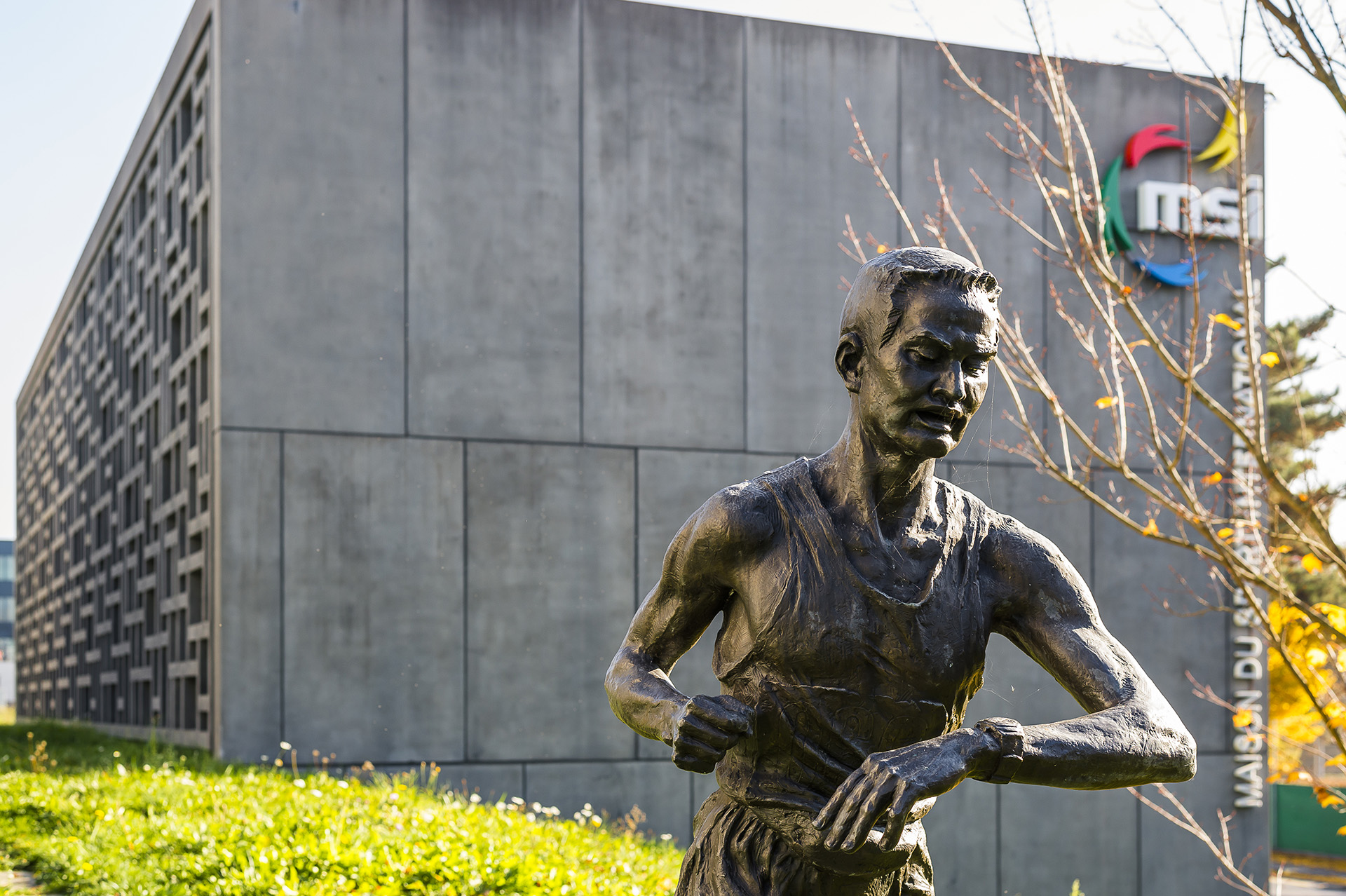
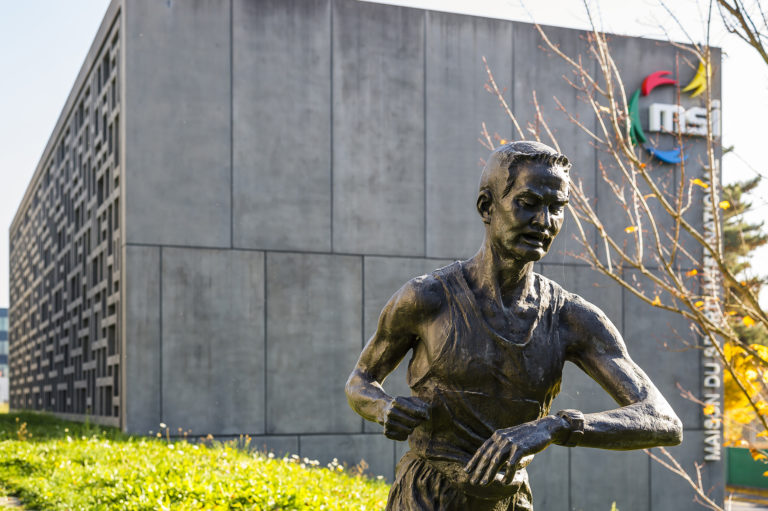
IDHEAP – Swiss Graduate School of Public Administration
A certificat in sport management
Since 1995 the Swiss Graduate School of Public Administration (Institut Des Hautes Etudes en Administrations Publiques – IDHEAP) has offered a certificate in sports management.
The first building block towards a diploma in sports management from the Swiss Sport Management Centre, this is a course of lectures for specialists and managers (SSC) directed by Professor Jean-Loup Chappelet, which leads to a Certificate of Advanced Studies (CAS), a recognised qualification that can be further upgraded to a Master of Public Administration (MPA) at UNIL IDHEAP.
The programme of study consists of seven two-day courses. A variety of topics is tackled. To give a few examples, they include different sports laws, the management of material and non-material sports resources and that of human resources, and sports marketing and sponsorship. The session concludes with a written examination (no oral) and the submission of the best final-year projects.
Note that all the courses are held in French. A few well-known figures appear on the list of contributors every year, including Chapart Nicolas (Head of Digital, International Basketball Federation), Chatelain Pascal, (Head of international affairs OFSPO), de Kock Robbert, World Federation of the Sporting Goods Industry, Pongracz Ilona, Founder and head of E t h i k a, Rechsteiner Doris, Fondation de l’Aide Sportive Suisse, Swiss Olympic, Rossellat Daniel, Founder and head of PALEO Festival.
The study programme is open to candidates already in possession of a university degree and admission is based on their application. It is aimed first and foremost at specialists and managers from the Swiss sports community (association or professional), but also at public servants (communal, cantonal or federal) responsible for sports matters, at employees from international sport organisations and at anyone interested in working in sport management.
The Institute of Sport Sciences and Physical Education
An institutional environment unique in the world
The Institute of Sport Sciences of the University of Lausanne (ISSUL) is attached to the University of Lausanne. It has become a centre of excellence as much in training as in research.
ISSUL offers degree programmes leading to a Bachelor, a Master (jointly with the University of Geneva), which has 5 specialisms (education, adapted physical activities, social sciences, training and performance, sports and leisure management), and a doctorate.
The exceptional environment for practising sport, with high-quality facilities in halls and on sports grounds, the proximity of Lake Geneva and the Alps, along with the top experts from every sport, allows excellent practical training to be provided.
The quality of tuition is also assured by the calibre of research conducted by lecturers at ISSUL. They produce numerous works dealing with the sociology, geography and history of sport as well as physiology, biomechanics of physical exercise and motor control. Members of ISSUL have published their research in journals and with publishers of reference works. They also carry out assignments on behalf of national and international organisations.
In addition, Lausanne is distinguished by an institutional set-up unique in the world, with the IOC, the Olympic Museum and the presence of numerous international federations. It is therefore the ideal place in which to undertake study and research in sports science.
By Fabien Ohl
International Academy of Sports Science and Technology
AISTS: Thinking beyond the score
The International Academy of Sports Science and Technology AISTS (Académie Internationale des Sciences et Techniques du Sport) serves as a worldwide centre of excellence in sport management in Lausanne, the Olympic Capital.
Founded in 2000 by the International Olympic Committee, leading Swiss universities, IMD Business School as well as the City of Lausanne and the State of Vaud, the AISTS taps into a unique network of sport management expertise.
A 360° vision that takes all aspects of sport into consideration is vital for sport managers to act responsibly, effectively and ensure the sustainable development of their organisation. The AISTS takes not only commercial, economic, sociological and legal aspects into account but also integrates sport technology and medicine to meet modern challenges in sports business.
The academy’s activities are built on three pillars:
- Postgraduate education
- Continuing education
- Research
The main service offered by the academy is its internationally recognised Master of Advanced Studies in Sport Administration and Technology (MSA); a one year postgraduate master’s programme training the future sport executives.
In addition, continuing education seminars for the international sports world are organised under the lead of the academy including the “Sport Management Seminar for Women”, the “Sport Event Management and Organisation Seminar” (SEMOS), and the “Sustainable Design in Sport Forum”.
Through independent and mandated research projects the academy, together with its founding members, retains and builds state of the art knowledge in all aspects of sport management.
For more information on the AISTS, please consult the AISTS website or get in touch with them at the right sided contact information.
By Claude Stricker
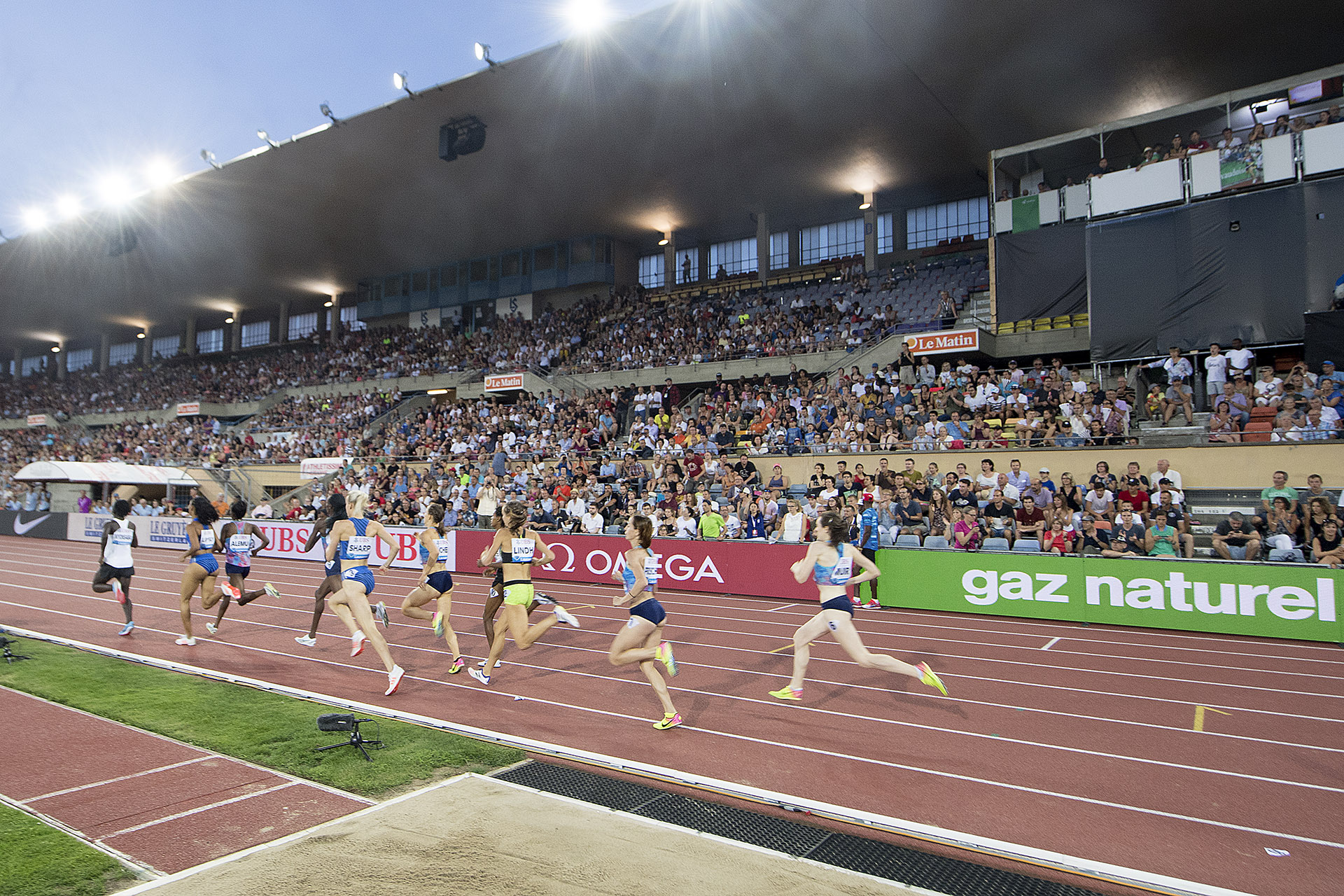
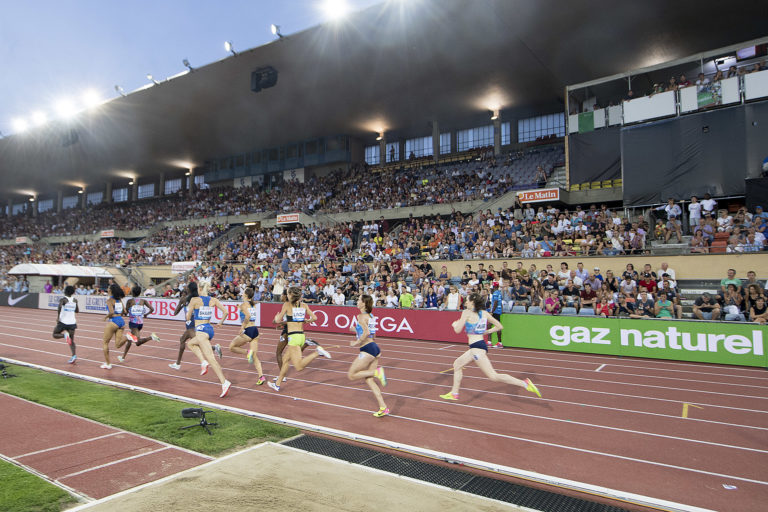
Swiss Association of Sports Managers (ASMS)
A network that serves its members
Founded in 1996, the Swiss Association of Sports Managers (ASMS) is a non-profit-making organisation based in Lausanne, Olympic Capital.
Members of the ASMS work in a sports organisation (international, national federations, professional clubs, sports services, etc) and/or hold a university degree in sports management. Its aim is to promote a network of industry professionals via seminars and other activities.
The stated aims of its articles of association are:
- The organisation of seminars and symposiums on diverse topics (sport and television, sport and marketing, sport and internet, etc.)
- The organisation of “conference dinners” at which Swiss sports personalities are invited to talk about their work and experiences in a convivial setting
- Support for sports organisation
- Information service on activities in sports management and training in sports management;
- Development and maintenance of special links with the sporting movement and experts in sport management at international level
- Support for the development and activities of its members
The ASMS has been a recognised partner organisation of Swiss Olympic since 2008. The ASMS is thus the only association of sports managers recognised on Swiss soil. To become a member, you must perform a professional managerial role within an organisation (company, federation, club, sports service) working in the sports sector and/or hold a university degree in sports management recognised by the ASMS.
By Christophe Huybrechts
Olympic Studies Centre
The IOC Olympic Studies Centre (OSC) is one of the world’s leading reference centres for written information and knowledge on the Olympic Movement and the Olympic Games. It is the entry point for research, work or publications which contribute to education and the dissemination of Olympic patrimony and its values.
Situated next to The Olympic Museum in Lausanne, the OSC facilities are open to the public Monday to Friday, 9 a.m. – 5 p.m. and offer researchers access to the International Olympic Committee (IOC)’s historical archives, 25,000 books and a wide selection of reviews and electronic resources linked to the Olympic Games, Olympism and sport in general. Furthermore, the valuable images archive, with a wide selection of 250,000 images, 8,000 hours of visual and audio material and over 10,000 objects and artefacts, is accessible for academic researchers through the digital Olympic Multimedia Library. A dedicated reading space and study room, in which, upon prior written request, historical archive documents can be consulted and studied, as well as computers with internet access and photocopy machines add to what is on offer to researchers.
The OSC has the following main responsibilities:
- To ensure ongoing acquisition, preservation, description and dissemination of Olympic patrimony and knowledge
- To promote and facilitate access to the IOC’s library and archive collections
- To provide and/or coordinate research, analysis and content creation services on the Olympic Games and Olympic-related topics
- To promote academic activities related to Olympism and stimulate synergies and collaboration between Olympic studies centres and researchers worldwide



